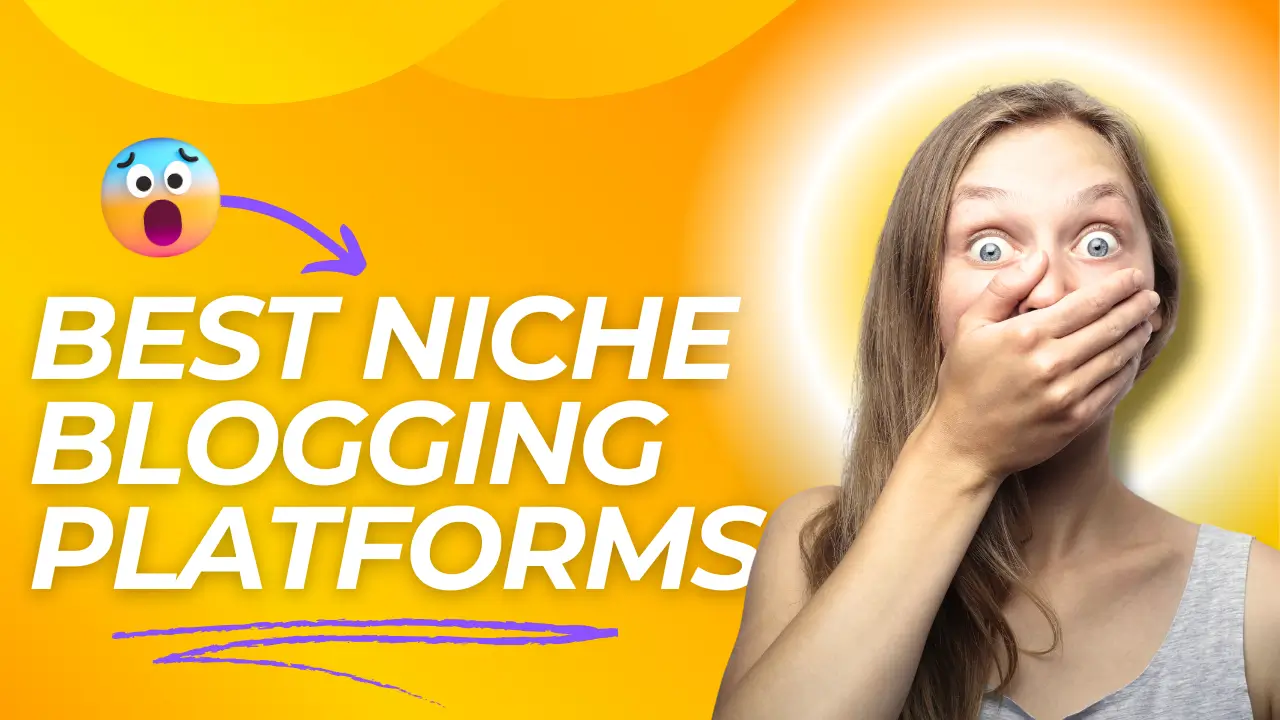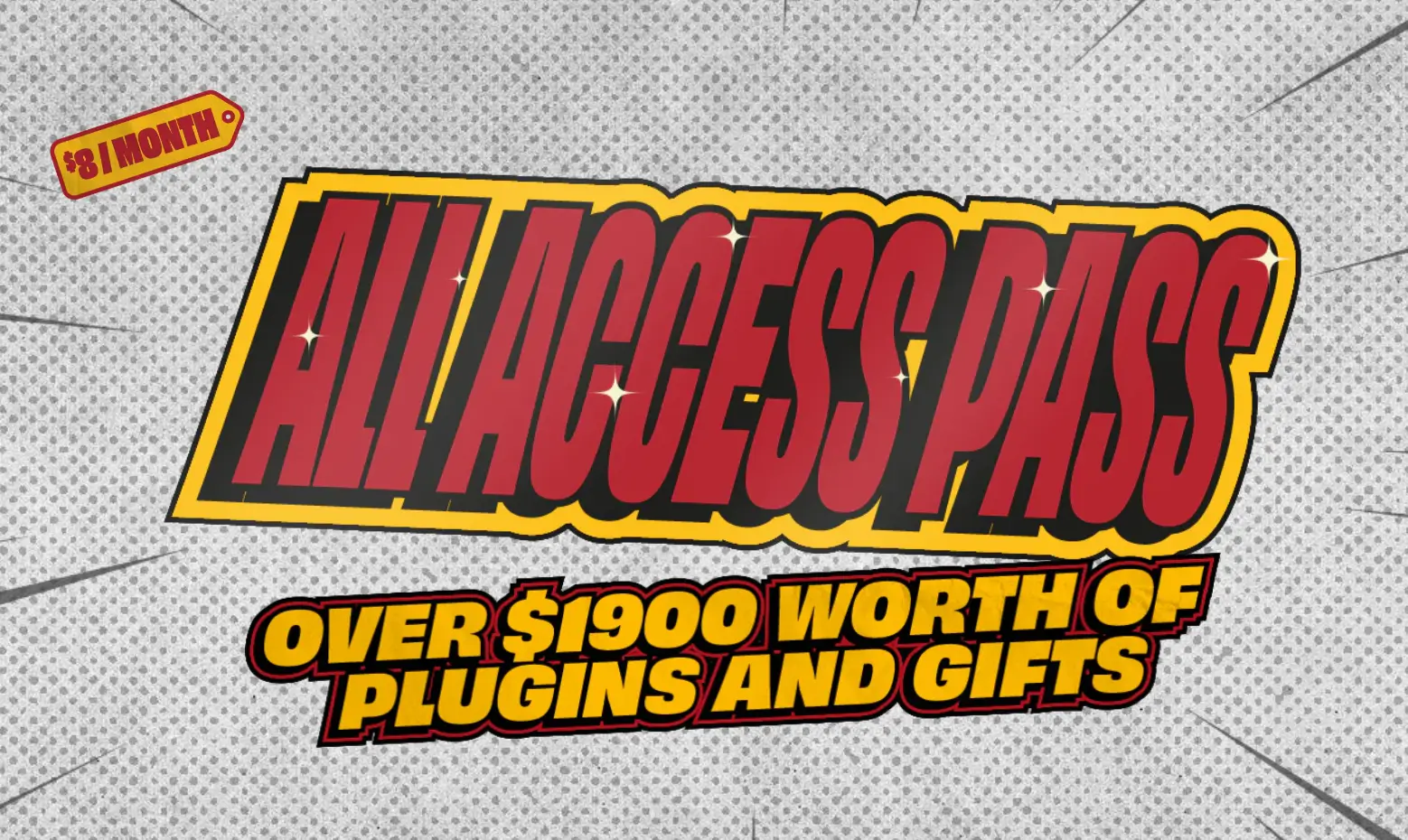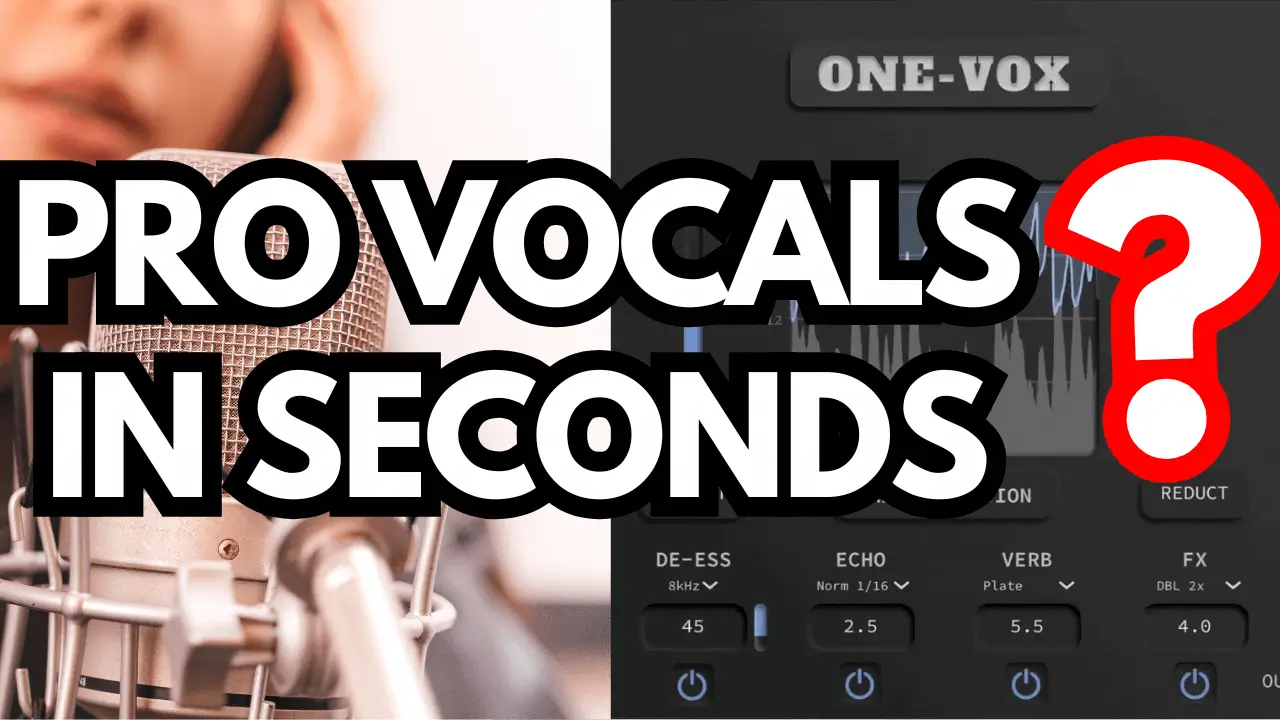Choosing the right platform for your blog can make a world of difference. Think of it as picking the perfect coffee shop to write your next novel—ambiance, features, and vibe all matter. The same goes for blogging platforms. It’s not just a matter of finding one that looks good; it’s about finding one that aligns with your goals and the audience you want to attract.
Niche blogging is all about focusing on a specific area or interest rather than trying to cover everything under the sun. Whether you’re into vintage vinyl records or sustainable living, niches let you carve out a dedicated space where like-minded folks can gather and engage with your content. This brings us to why choosing the right platform is so important.
Using niche platforms means you’ll have tools and features tailored to your specific type of content. Imagine a sports blogger needing robust stat-tracking functionality or a food blogger looking for integrated recipe cards. The right platform provides these specialized tools so you can focus on what you do best—creating awesome content.
Platforms designed for niche blogging often come with built-in communities of readers who are already interested in what you have to say. This built-in audience can give you a headstart, allowing you to grow your blog faster and more effectively. Plus, these platforms often have monetization options that align well with your niche, whether that means offering subscription services, hosting ads, or even integrating with e-commerce solutions.
Your choice of platform can impact your blog’s visibility on search engines. Some platforms offer better SEO tools and capabilities than others, helping your blog get discovered by the right people. Given all these benefits, it’s worth spending some time getting acquainted with the various niche blogging platforms available. Understanding their strengths and weaknesses can help you make an informed decision, ensuring your blog doesn’t just survive but thrives.
What to Look for in a Niche Blogging Platform

Choosing a blogging platform isn’t just about bells and whistles; it’s about finding a space that matches your needs and the needs of your audience. When diving into niche blogging, several key factors can make or break your experience.
Ease of use is a biggie. A user-friendly interface means less time wrangling with tech issues and more time creating quality content. Whether you’re a tech newbie or an experienced coder, the platform should feel intuitive and easy to navigate.
Customization options are essential. Your blog should reflect your unique style and brand. Look for platforms that offer a range of themes, templates, and design tools. Even better if they allow CSS or HTML tweaks for those who want to get their hands dirty.
Community support can’t be overlooked. Reliable customer support and a vibrant user community can be lifesavers when you hit a snag. Platforms with active forums or user groups provide a treasure trove of advice, tips, and troubleshooting assistance.
SEO capabilities are another must-have. A platform with built-in SEO tools can help improve your blog’s search engine ranking, making it easier for people to find your content. Think features like meta-tag customization, keyword suggestions, and URL structuring.
Monetization options should be considered as well. Not all platforms offer the same avenues for making money. Some might offer ad placement opportunities, while others focus on subscription models or integrated e-commerce. Understand what each platform brings to the table in terms of monetization so you can choose one that aligns with your goals.
Taking the time to evaluate these factors helps ensure that your experience on the platform is smooth and that your blog has everything it needs to succeed.
Wealthy Affiliate

One of Wealthy Affiliate’s standout features is its supportive community. Members have access to a vibrant forum where they can ask questions, share experiences, and receive advice from fellow marketers and experienced mentors. This sense of community fosters a collaborative learning environment that can be incredibly motivating for individuals new to online marketing.
In addition to training and community support, Wealthy Affiliate offers a range of practical tools to build and manage websites. The platform includes a powerful website builder, hosting services, and a keyword research tool known as Jaaxy. This all-in-one solution eliminates the need to use multiple services, providing users with everything they need to launch and sustain a successful online business from a single platform.
Wealthy Affiliate operates on a freemium model; users can sign up for a free Starter membership that provides limited access to training modules and tools, allowing them to get a taste of what the platform offers. For a more comprehensive experience, the Premium membership unlocks the full suite of training, tools, and support, offering an all-inclusive solution for anyone serious about making strides in affiliate marketing.
In summary, Wealthy Affiliate aims to be an all-encompassing resource for those looking to delve into affiliate marketing and build a sustainable online income. Its robust training programs, supportive community, and essential business tools make it a valuable platform for aspiring online entrepreneurs.
Related Posts:
- Wealthy Affiliate For Bloggers – A Platform You Will Love
- 6 Mistakes To Avoid In Wealthy Affiliate
- Wealthy Affiliate Vs Other Affiliate Programs? Earning Money Online
- 8 Top Niche Blogging Tips You Will Love
Medium

One of the most popular platforms out there, Medium has carved a niche for itself as a go-to destination for writers and readers alike. If you want to reach a built-in audience without worrying about the technicalities of running a blog, Medium might be your top pick.
Medium offers robust personalization features. Whether you’re writing about tech, health, finance, or lifestyle, the platform allows you to tag your posts appropriately. This ensures they reach the right audience, maximizing your chances of engagement.
Community and reader engagement on Medium are unparalleled. Users can highlight, comment, and share posts easily, fostering a high level of interaction. Plus, the platform’s algorithm tends to favor quality content, so if your writing resonates, it can gain substantial traction.
Monetization on Medium is straightforward with their Partner Program. Writers earn based on the amount of time paying members spend reading their work. This model rewards compelling, engaging content, offering a fairer monetization method compared to traditional ad revenue models.
Success on Medium relies on consistent, high-quality contributions. Following trending tags and participating in Medium-specific publications can significantly amplify your reach. It’s a great platform to build your portfolio and connect with a community passionate about writing and reading.
Substack

Substack is quickly becoming the darling of niche bloggers and independent writers who want to take control of their mailing lists. Instead of jostling for attention on social media or SEO-dominated platforms, you can deliver your content straight to your readers’ inboxes.
The email subscription model on Substack is its standout feature. This format lets you build a direct relationship with your audience, free from the noise of social media algorithms. Your posts go straight to your subscribers, making sure they never miss a piece of your content.
Content control is another big plus. Substack offers a distraction-free writing environment and gives you full control over your posts. You can schedule emails, decide on free versus paid content, and even launch special series or themed newsletters.
Revenue through paid subscriptions is where Substack really shines. If you have valuable content, your readers can support you directly by subscribing for a fee. Substack handles the technicalities of payment processing, so you can focus on your writing.
Success stories and case studies abound on Substack. From journalists branching out on their own to niche experts providing deep dives, many have found substantial readership and financial success. Learning from these stories can help you gauge how to position your own content effectively and grow your audience.
Substack offers a unique opportunity for writers who want to cultivate a dedicated audience and monetize their work without relying on ads. Its focus on straightforward, email-based delivery and easy monetization options make it a compelling choice for many niche bloggers.
Ghost

Ghost offers a unique blend of simplicity and power, making it a standout choice for serious bloggers. Its open-source nature provides a level of flexibility that’s hard to find elsewhere. Whether you’re a coding wizard or appreciate having options, Ghost has something to offer.
One of the major draws of Ghost is its open-source flexibility. You can host it on your own server, giving you total control over your content and data. This is a big selling point for those who prioritize privacy and independence.
SEO advantages are built right into Ghost. Built-in SEO tools help optimize your content for search engines without needing extra plugins. Features like clean URL structures, automatic XML sitemaps, and meta-tagging options give you a solid foundation for improving your search rankings.
Membership and subscription models on Ghost make it easy to monetize your blog. You can offer memberships, run paid newsletters, or set up a subscription service right from the platform. Ghost’s focus on monetization tools ensures that your efforts translate into actual revenue.
Ghost is ideal for writers who are serious about their craft and want a platform that can grow with them. It suits everyone from solo bloggers to large teams, offering robust tools to manage and scale your content. Ghost’s powerful features and flexibility make it a top pick for many professional bloggers.
Squarespace

Squarespace stands out for its stunning design capabilities, hands down. For bloggers who want their site to look as good as their content reads, this is your go-to platform. The drag-and-drop interface makes it easy to create professional websites without needing any design expertise.
Design and aesthetic flexibility are top-notch on Squarespace. With a wide array of sleek templates and customization options, you can craft a blog that’s uniquely yours. Whether you’re a fashion blogger or a tech enthusiast, there’s a template that fits your vibe.
Integrated marketing tools aren’t just nice-to-haves on Squarespace; they’re fully baked in. From email campaigns to social media integrations, you’ve got all the tools to promote your content effectively. The platform even offers analytics, so you can see what’s working and tweak your strategy accordingly.
E-commerce capabilities set Squarespace apart from more basic blogging platforms. If your niche involves selling products or services, the e-commerce integration is seamless. You can set up shop pages, manage inventory, and even handle payments, all from the same dashboard.
Squarespace is ideal for creatives and entrepreneurs. It’s perfect for those who want a beautiful, functional website without diving deep into code. If aesthetics and ease of use are your top priorities, you’ll find Squarespace a perfect fit for your blogging needs.
WordPress

WordPress is the heavyweight champion in the blogging world, and for good reason. It offers a ton of flexibility, thanks to its extensive library of plugins and themes. Whether you’re a newbie or a seasoned pro, WordPress has something for everyone.
Customization and plugins are where WordPress truly excels. With thousands of themes and over 50,000 plugins, you can tweak, add, and refine your blog to your heart’s content. From SEO tools to social media integrations, there’s likely a plugin for everything you can imagine.
Strong SEO features make WordPress a popular choice for bloggers who want to be noticed. Plugins like Yoast SEO offer comprehensive tools for optimizing your content, helping you climb search engine rankings. WordPress’s clean code and excellent URL structures also boost your SEO efforts.
Community support is vast and vibrant. The WordPress community is huge, with forums, tutorials, and meetups all over the world. If you ever hit a snag, there’s a good chance someone else has already solved it. This gets you back on track quickly, keeping your blog running smoothly.
Monetization strategies on WordPress are diverse. From traditional ad networks to affiliate marketing and direct sales, the platform supports numerous avenues for earning from your blog. WooCommerce integration even allows you to transform your blog into a full-fledged online store, selling products or services with ease.
Conclusion: Choosing the Right Platform for Your Niche
Each blogging platform offers unique features tailored to different needs, so choosing the right one boils down to understanding your requirements and goals.
Medium is great for those who want a built-in audience and straightforward monetization. Substack shines if you prefer direct email engagement and paid subscriptions. Ghost appeals to those who need advanced SEO tools and customization. Squarespace is excellent for a visually stunning blog with integrated marketing tools, especially if you’re dabbling in e-commerce. WordPress offers unmatched flexibility with its extensive plugins and community support.
Remember, the best platform is the one that aligns with your content and audience. Consider what each platform brings to the table and how it fits your vision. Happy blogging!
Join Wealthy Affiliate Today
& Build Your Own Money Making Website.
Free Starter Membership. No Credit Card Required.





Leave a Reply